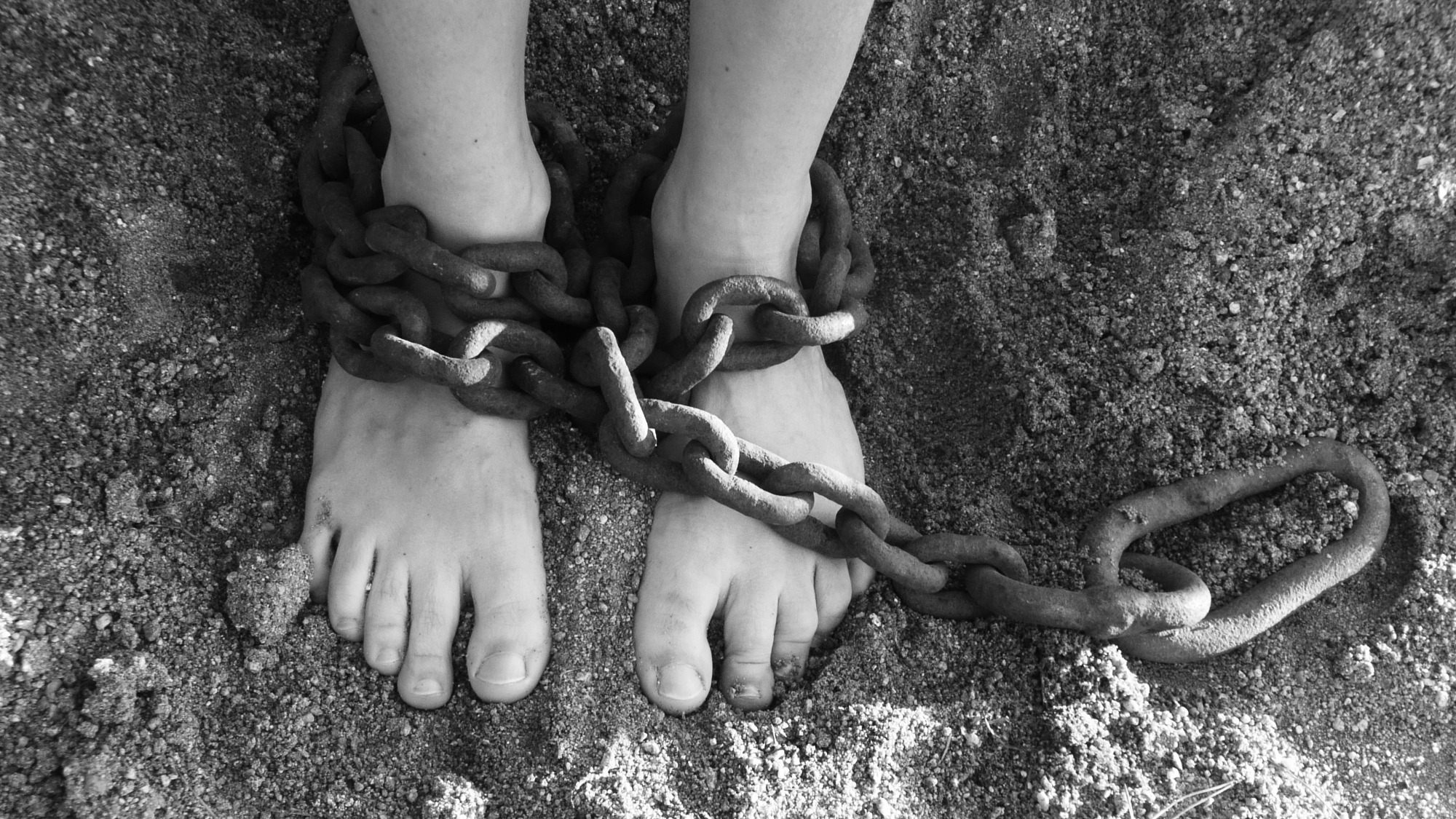Mark 14:32-42 - Grieving Alone
In Mark 14:32-42, we find Jesus in Gethsemane with some of his disciples. He takes a few (Peter, James, and John) a little way off from the rest and asks them to stay awake with him. Here is what it says:
32 They went to a place called Gethsemane; and he said to his disciples, “Sit here while I pray.” 33 He took with him Peter and James and John, and began to be distressed and agitated. 34 And he said to them, “I am deeply grieved, even to death; remain here, and keep awake.” 35 And going a little farther, he threw himself on the ground and prayed that, if it were possible, the hour might pass from him. 36 He said, “Abba, Father, for you all things are possible; remove this cup from me; yet, not what I want, but what you want.” 37 He came and found them sleeping; and he said to Peter, “Simon, are you asleep? Could you not keep awake one hour? 38 Keep awake and pray that you may not come into the time of trial; the spirit indeed is willing, but the flesh is weak.” 39 And again he went away and prayed, saying the same words. 40 And once more he came and found them sleeping, for their eyes were very heavy; and they did not know what to say to him. 41 He came a third time and said to them, “Are you still sleeping and taking your rest? Enough! The hour has come; the Son of Man is betrayed into the hands of sinners. 42 Get up, let us be going. See, my betrayer is at hand.” (NRSV)
Mark says that Jesus began to be distressed and agitated. I try to imagine what it would be like to know that my suffering is about to intensify immensely. The distress and agitation can be felt in Jesus’s response to his disciples whom he periodically finds sleeping. “Could you not keep awake one hour?” “Enough!” The mounting distress becomes grief — a deep grief, “even to death.”
If we want to be purely pragmatic, we could argue that Jesus brought the disciples because they needed to abandon him to fulfill prophecy. After all, “it is written, ‘I will strike the shepherd, and the sheep will be scattered.’” (Mark 14:27)
We could argue that he brought them so they could observe. They were disciples, after all, who had been called “to be with him” (Mark 3:14).
We could argue that the disciples were simply there by choice. They were observing Passover together and sang at the Mount of Olives together, and Jesus had just predicted Judas’s betrayal, the scattering of the disciples, and Peter’s denial. Perhaps they felt obligated to prove him wrong or to try to prevent these events. After all, one disciple does draw a sword to defend Jesus (Mark 14:47).
These might all be true or some combination of them, but I think there’s something more significant happening here: I think that Jesus is grieving and doesn’t want to be alone. He had already predicted that his disciples would abandon him at his arrest, but in some ways, they already had. Peter resists the reality of Jesus’s coming death. At least one disciple (if not Peter, himself) turns to violence. None of them are engaged enough in Jesus’s current grief to stay awake with him. For all intents and purposes, Jesus appears to already be alone.
Mark only presents a short prayer, but Jesus indicates that he’s been praying for some time (Mark 14:37). What the author presents is specifically this: “remove this cup from me...” (Mark 14:36) So often, the focus is on Jesus’s willingness to submit to the will of God – to go to the cross, if that’s how it must be. That’s in there, and it shouldn’t be ignored, but so is the humanity of Jesus’s grief.
In only 11 verses, Mark tells us that Jesus was distressed and agitated, deeply grieved, prays for the removal of the cup, rebukes the disciples, prays the same prayer a second time, and then yells at the disciples, “Enough!” He’s a man in pain, and he’s surrounded by his closest companions, yet none of them is present with him in his grief.
Jesus was grieving alone.
This is a heartbreaking reality that’s all too common, even today. Jesus was experiencing the loneliness and isolation of grief even while he was surrounded by his closest friends. He wasn’t asking for their advice. He wasn’t asking for them to fix anything. He wasn’t asking to be cheered up or encouraged. He wasn’t simply using them to fulfill a scripture or trying to teach them something. I think he wanted empathy, and the irony is that Jesus becomes the empathetic one who dwells with us in our suffering (Hebrews 4). Jesus does exactly what his disciples failed to do – what people often fail to do for each other.
God indwells with us by the Holy Spirit who intercedes with groans too deep for words, and all of creation has groaned in anticipation, and “we ourselves...groan inwardly as we wait for adoption, the redemption of our bodies.” (Romans 8) If God is present and interceding on our behalf, then God knows the depths of our grief.
The gospel stories end with the resurrection, the same resurrection for which we eagerly wait, according to Paul. Mark’s gospel highlights the painful reality of Jesus’s life and death, yet there’s hope in the resurrection for those who are grieving. Or, as Jesus puts it in Luke 4:
18 “The Spirit of the Lord is upon me, because he has anointed me to bring good news to the poor. He has sent me to proclaim release to the captives and recovery of sight to the blind, to let the oppressed go free, 19 to proclaim the year of the Lord’s favor.” (NRSV)




Comments
Post a Comment